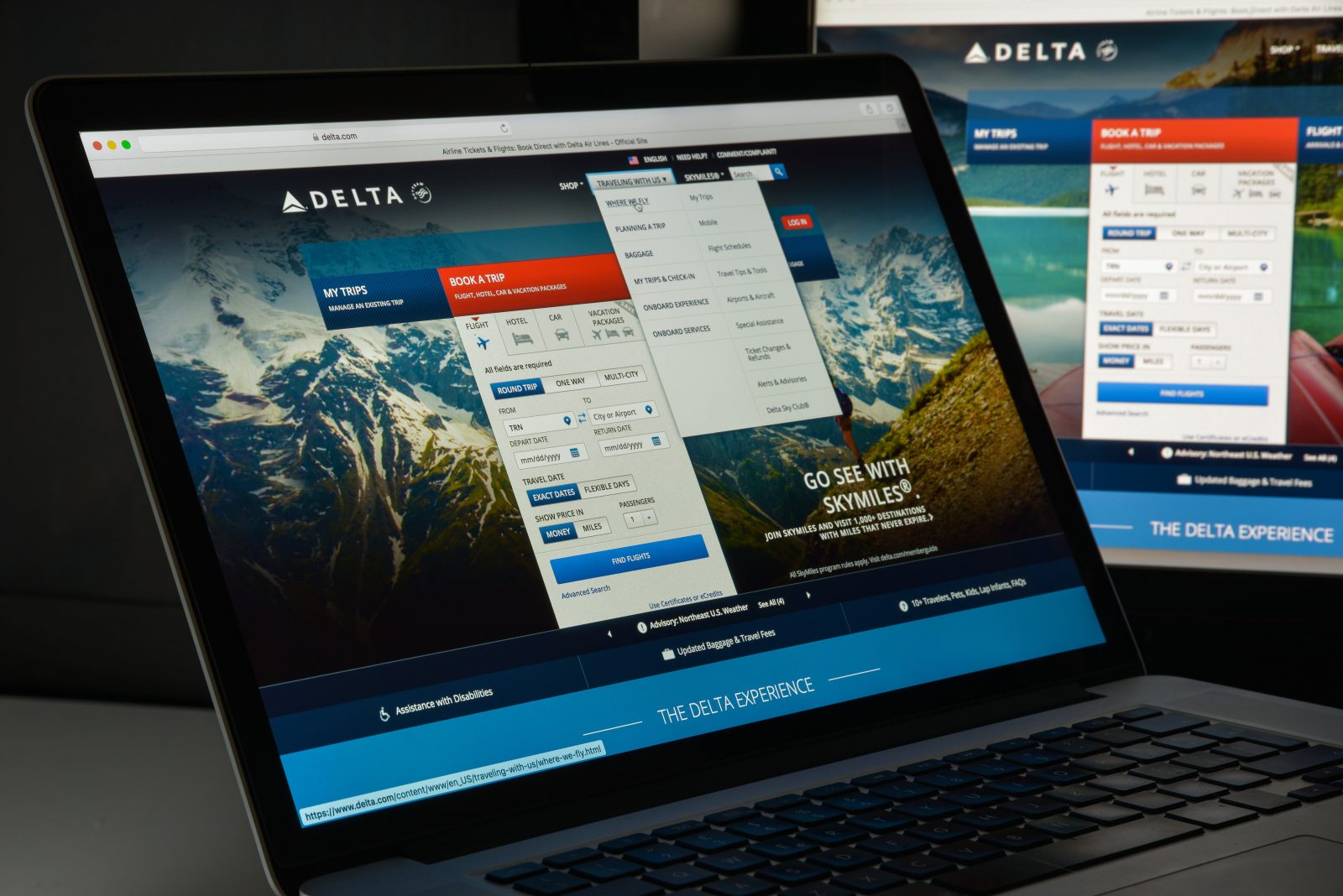
The Biden administration is hoping to force airlines to disclose all hidden fees upfront so that when someone searches for a flight, the first price they see is the price they end up paying.
A proposed new rule that is set to be published later on Monday would require airlines to factor in a number of ancillary fees in the base fare such as the cost of parents sitting with their children or fees associated with changing or cancelling a ticket.
Airlines would also be forced to disclose fees associated with checking a bag and the rules would apply to both an airline’s own website as well as travel search websites such as Expedia.
“Airline passengers deserve to know the full, true cost of their flights before they buy a ticket,” commented U.S. Transportation Secretary Pete Buttigieg on Monday.
“This new proposed rule would require airlines to be transparent with customers about the fees they charge, which will help travelers make informed decisions and save money.”
Buttigieg has taken airlines to task over their performance over the summer and has been campaigning to make carriers more responsive to the needs of their passengers.
The proposed rule wouldn’t prevent airlines from charging additional fees but the idea is to stop consumers from being tempted by an artificially low base fare which suddenly increases in cost when “surprise fees” are added at a later stage of the booking process.
When someone searched for a flight, the airline or flight search engine will be required to display the base fare, as well as passenger-specific or itinerary-specific baggage fees, change fees, cancellation fees, and family seating fees.
Consumers should then be able to clearly see the best value ticket for their needs at first glance.
Last month, the Department of Transporation (DOT) also set out another proposed new rule that will make it easier for airline passengers to claim a full cash refund when their flight is canceled or significantly delayed.
Under the DOT’s proposal, passengers would be entitled to claim a full refund if they choose not to travel when a domestic flight is delayed by more than three hours and, in the case of international flights if the flight is delayed by at least six hours.
For many years, airlines have been required to offer refunds for canceled or significantly altered flights, but the DOT had never bothered to define what these terms meant, and that resulted in airlines choosing their own definitions.
The DOT also recently unveiled an airline customer service dashboard that clearly sets out what consumers should expect from different airlines in the event of a delay or canceled flight.
Like all proposed rules, members of the public and the industry will have the opportunity to comment on the proposals before any laws come into effect.
Mateusz Maszczynski honed his skills as an international flight attendant at the most prominent airline in the Middle East and has been flying ever since... most recently for a well known European airline. Matt is passionate about the aviation industry and has become an expert in passenger experience and human-centric stories. Always keeping an ear close to the ground, Matt's industry insights, analysis and news coverage is frequently relied upon by some of the biggest names in journalism.







